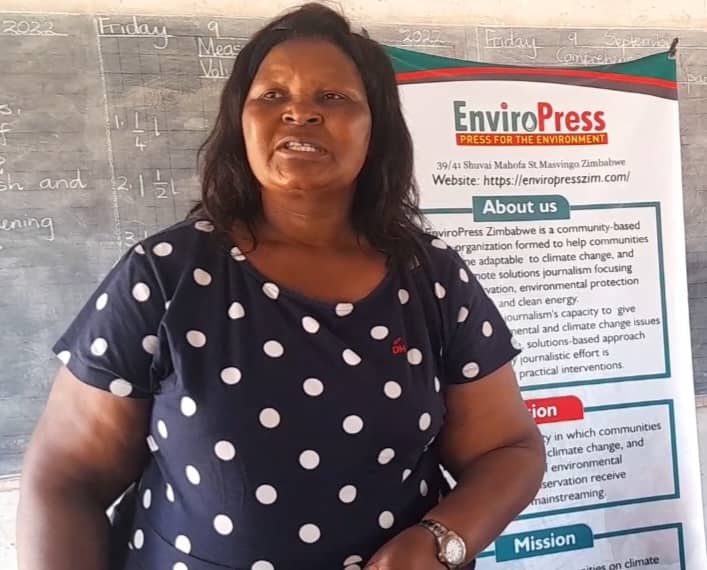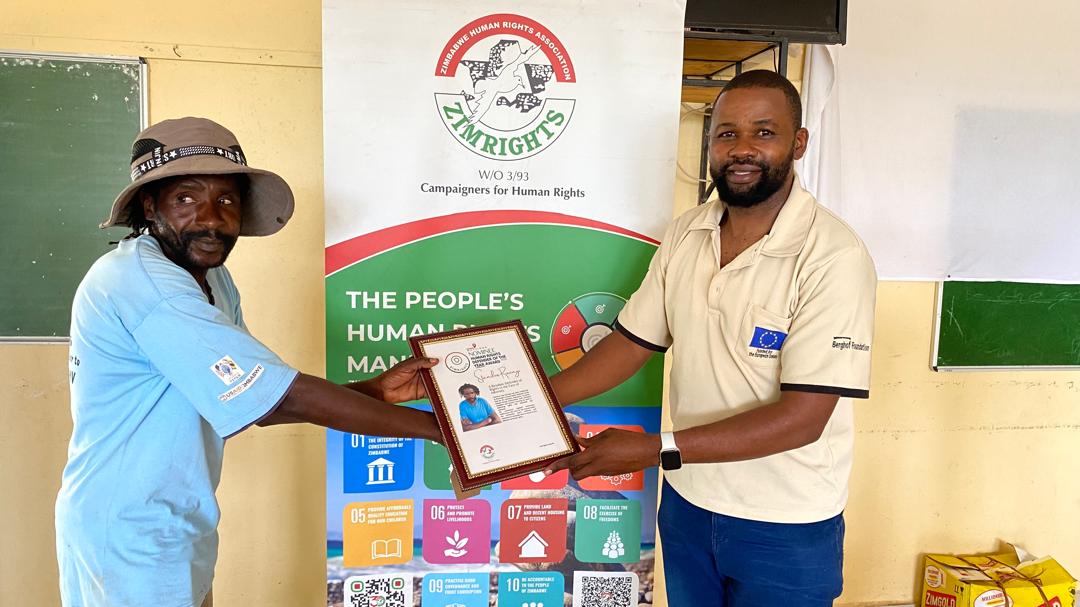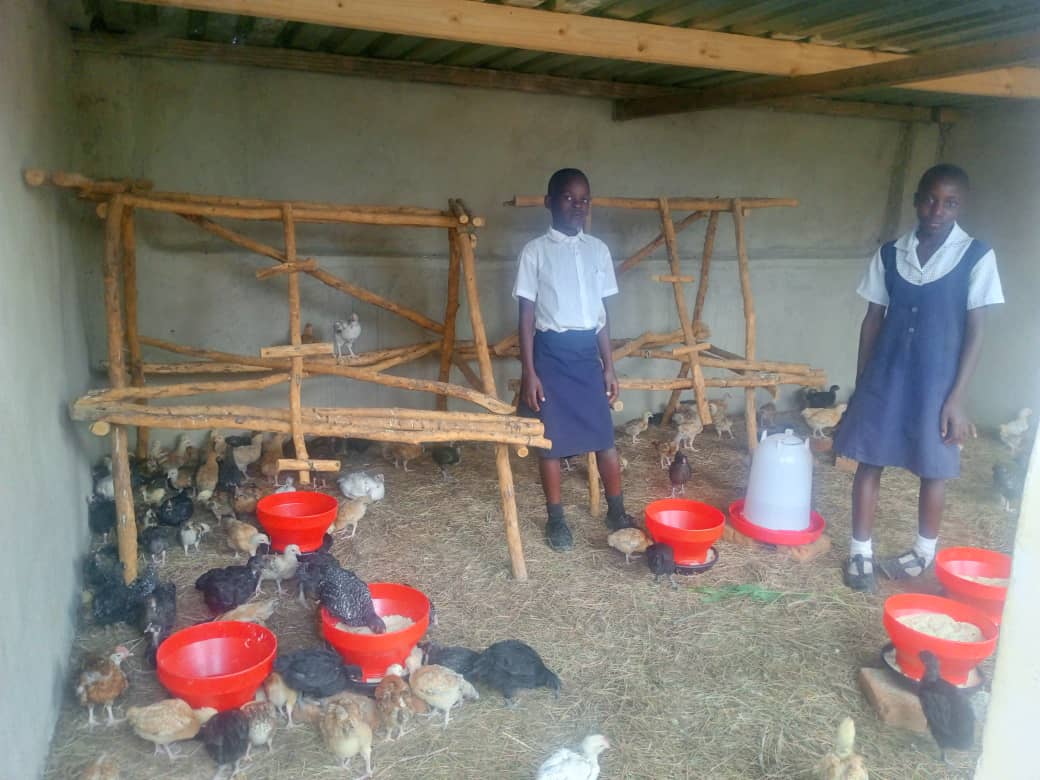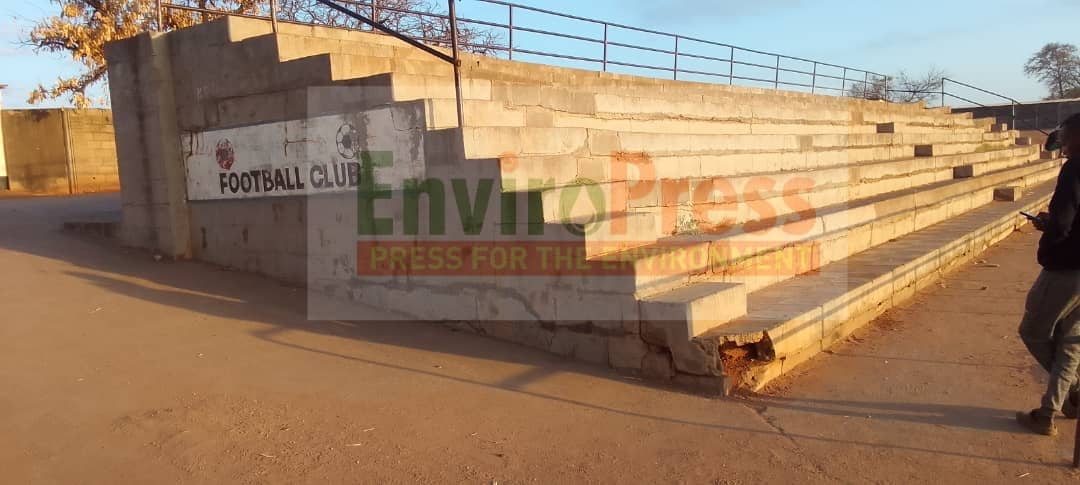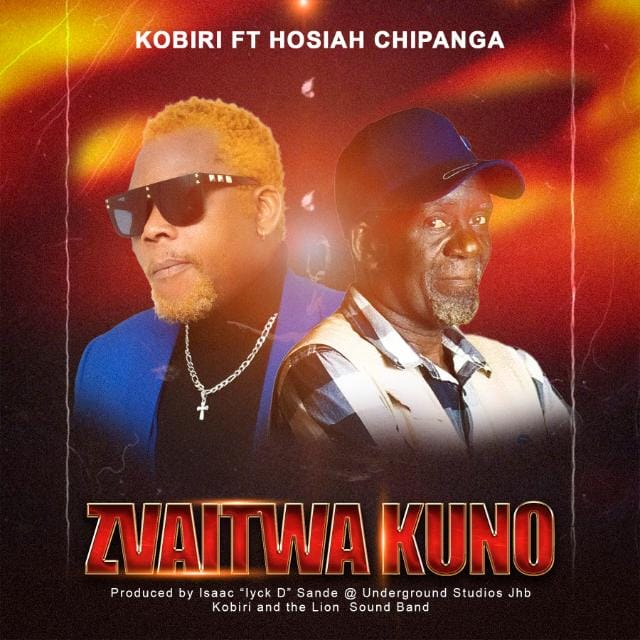…district has potential to be food self-reliant
EnviroPress Reporter
People in Mwenezi have lamented the underutilization of water bodies in the district, saying government should channel resources towards irrigation development to enable communities to better adapt to climate change.
Mwenezi is one of the most food-insecure of the seven districts of Masvingo province despite being host to big water bodies that include Mwenezi River and Manyuchi Dam.
Local farmers major mostly in livestock and rain-fed small grains farming whose market is not as broad and lucrative as would normally be desirable.
Speaking at a policy dialogue organized by EnviroPress with the support from Southern Africa Trust, Mwenezi district’s political and traditional leaders said the district had enough water to support irrigation but investment in the sector remained a challenge.
“Our district is very dry and our people are affected by climate change. We have a solution in sight but nothing is being done about it. Manyuchi Dam is very big and has the potential to turn this whole district into a green belt,” said Headman Shoko.
He said irrigation potential in the district needed to be harnessed and developed to create food security in communities.
“We have seen it in Birchnough, Manicaland province, where the potential of rain-fed agriculture is very low but the area is always green and people are more food secure. The same should be done here in Mwenezi because we receive little or no rainfall at all sometimes. Our dam must be put to good use,” he said.
Mwenezi West Member of Parliament (MP) Precilla Zindari-Moyo (pictured) said resources in Mwenezi should be leveraged to help the district adapt to climate change.
“We have Mwenezi River and Manyuchi Dam which remains underutilized, unfortunately. These are resources that would transform the livelihoods of the people if irrigation infrastructure is put in place,” said Zindari – Moyo.
She also called for the creation of a dairy livestock scheme to give families a chance to improve livelihoods through milk production.
“Our district is suitable not only for beef but dairy farming. We need a scheme that would give women an opportunity to venture into cattle production and grow their herds. There is a gap in the national dairy market and I am confident that Mwenezi women should be given an opportunity to thrive in that sector,” she said.
Zimbabwe produces far less than its monthly milk and milk products requirements and the gap is filled by imports mostly from South Africa.
In the past, the government created many livestock schemes to allow vulnerable farmers to restock and build their herds, but the schemes have always focused on beef cattle.
This project was made possible through a partnership with the Southern Africa Trust. The views expressed herein do not necessarily represent that of the Trust or its associates. www.southernafricatrust.org

